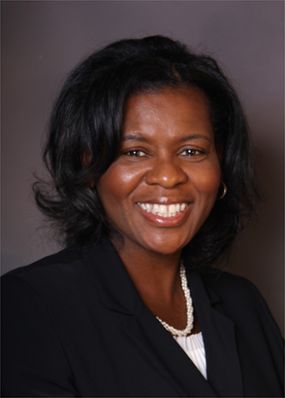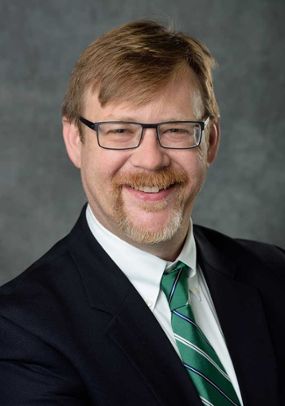Paving a new path for the future of data science
Michigan State University and Spelman College in Atlanta are teaming up to create a new educational pipeline for data science, one of the fastest growing fields in the country. The U.S. Bureau of Labor Statistics projects that, by 2026, the nation will have created more than 11 million data science jobs.

“It’s also one of the highest-paid professions,” said Andrew Christlieb, an MSU Foundation Professor in the College of Natural Science. Yet statistics show that only about 3 percent of the jobs in a growing and rewarding tech sector are held by women of color.
“Promoting diversity is integral to everything we do,” said Monica Stephens, an associate professor and chair of mathematics at Spelman College, a historically Black liberal arts college for women. “The need to have diverse voices in data science is one that our students are well aware of.”
Supported by the Arthur P. Sloan Foundation and the National Science Foundation, or NSF, Stephens and Christlieb led the effort to create what’s known as a “3 + 2” program. Students at Spelman will complete a three-year bachelor’s program in a STEM field with unique training to prepare them for MSU’s two-year master’s program in data science.
MSU’s data science program teaches students how to gather, analyze and work with large data sets to find trends, patterns and other actionable information that might otherwise go unnoticed. At Spelman, the focus on science, technology, engineering and math will prepare students to bring the power of data science to areas including biology, physics and more.

“If we want to have an impact on data science, Spelman is the very best partner in the universe,” Christlieb said, citing Spelman College’s excellence in STEM education.
“We’re benefiting from the experience MSU has in developing programs for data science. Spelman’s at the beginning of this process,” Stephens said. “We’re very fortunate to be aligned with an institution that’s gone through it already.”
Data science’s computer algorithms are increasingly ubiquitous, affecting many aspects of daily life and society, though not uniformly.
For example, they play a role in how well cameras recognize people during Zoom meetings and have even been used in determining bail and sentencing in the criminal justice system. In both instances, the systems have worked more favorably for white people than for people of color in part because the latter have largely been excluded from how the algorithms are written and used.
“If you don’t have a diverse group of people in the room, you leave out critical voices that are key to decision-making,” Stephens said.

“We need to add diversity to data science,” said Christlieb, who works in the Department of Mathematics and the Department of Computational Mathematics, Science and Engineering. “We think we can have a big impact now, early on, before the train runs away from us too much.”
With a $500,000 grant from the Sloan Foundation, the team will train Spelman’s faculty in data science and help them integrate it into their own work, preparing them to mentor and teach students. The NSF funding, totaling more than $1 million, will help develop and implement data science courses and hands-on training for students.
The team is also working to ensure that its program can be adopted by other schools, starting with the Atlanta University Center Consortium. In addition to Spelman, the consortium includes three other historically Black institutions: Clark Atlanta University, Morehouse College and Morehouse School of Medicine.
Although the program is focused on STEM and data science, Christlieb and Stephens stress its overarching goal is to connect with people and build community, which reflects its serendipitous inception.
“We weren’t even talking about data science at first,” Stephens said. “Once COVID hit, people were thinking we should be having more conversations about how we’re engaging with students, how we’re teaching and learning.”
One of those people was a mutual acquaintance of Stephens and Christlieb, Chancellor Professor Siegal Gottlieb at the University of Massachusetts Dartmouth. She invited the two to discussions on how faculty could help build a sense of belonging during the pandemic.
“It was coming to this realization that everything needs to be done online now and what does that mean,” Christlieb said. “How do you make people feel connected while talking through a box?”
Once introduced, Stephens and Christlieb discovered a synergy in their shared interests and got to work building the program proposal.
“This is about broadening beyond your own institution and helping people connect,” Christlieb said.
“The way that we partner together, the types of curricula we develop, these can be replicated,” Stephens said. “We’ll make it available so other people can do it.”
Banner image: The multidisciplinary field of data science is one of the fastest growing and well-paying professions. A new program from MSU and Spelman College is working to help the field become more inclusive and equitable. Credit: #WOCinTech Chat